
80 plus one
September 12, 2022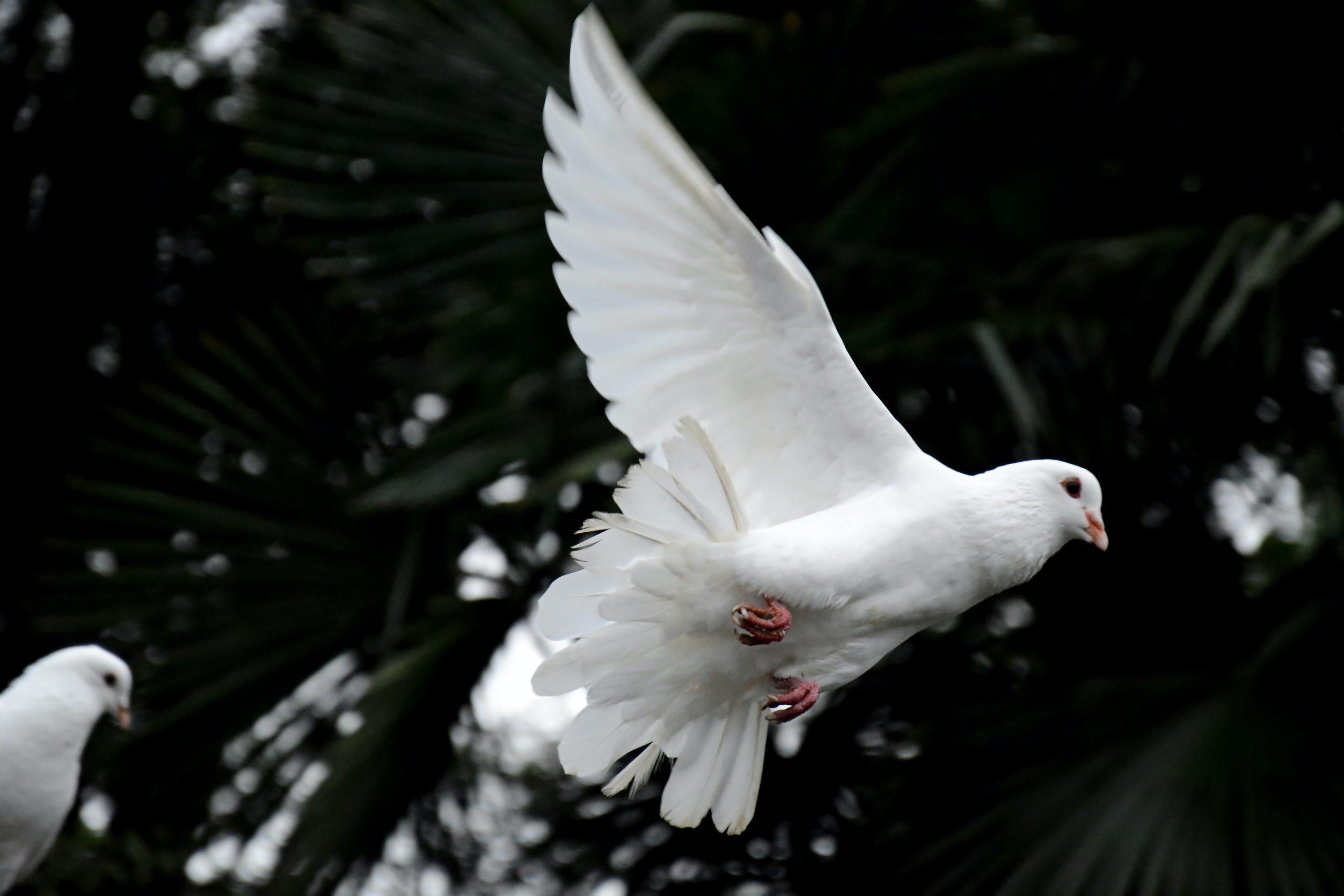
Following Jesus
October 10, 2022By Sister Judith Ann Zielinski, OSF
On May 25, 2020, George Floyd, a 46-year-old black man, was arrested in Minneapolis on suspicion of using a counterfeit $20 bill. Derek Chauvin, a white police officer, knelt on Floyd’s neck for 9 minutes and 29 seconds, as he gasped “I can’t breathe,” handcuffed and face-down in the street. Two other police officers helped restrain Floyd. A fourth officer prevented bystanders from intervening.
Floyd was unresponsive when an ambulance came and was pronounced dead at a local hospital.
Darnella Frazier, a 17-year-old Black teenager who had just come out of the store, saw what was happening, pulled out her cellphone and began filming. She let the camera run, uninterrupted, and recorded the entire murder.
As soon as video of the incident hit the internet, protests began in Minneapolis and spread coast to coast. Demonstrators chanting “Black Lives Matter” and “I Can’t Breathe” took to the streets.
I watched Darnella’s footage more than once. Nine minutes on television is an unbelievably long time: Nine minutes of a man gasping for breath– with a police officer’s knee on his windpipe– in full view of a crowd. The footage was surreal and barbaric.
I was outraged. I have to do something, I thought. But what? I am a writer, I told myself. I am a filmmaker. I am a storyteller. Use that. Say something. Tell a story.
And Thea Bowman surfaced.
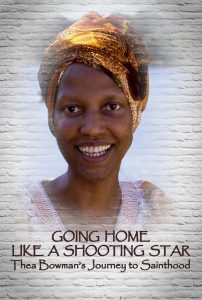 The charismatic African-American Franciscan—the only Black member of her La Crosse, Wisconsin congregation—the English professor-turned-preacher-and-singer and advocate for racial justice. The celebrity who charmed crusty Mike Wallace on 60 Minutes and persuaded the US Bishops to stand, lock arms and sing “We Shall Overcome.” That Thea Bowman– who in 2018 became a candidate for sainthood.
The charismatic African-American Franciscan—the only Black member of her La Crosse, Wisconsin congregation—the English professor-turned-preacher-and-singer and advocate for racial justice. The celebrity who charmed crusty Mike Wallace on 60 Minutes and persuaded the US Bishops to stand, lock arms and sing “We Shall Overcome.” That Thea Bowman– who in 2018 became a candidate for sainthood.
I started to research and found lots of media featuring Thea. She was modern—she had died in 1990– and the internet held many videos, photos, clips of speeches, and soundbites. But I found no complete documentary– no coherent telling of her life spanning her childhood in Mississippi, her Franciscan vocation, her growth in consciousness as a Black woman, her transition to preacher and prophet, her public clarion calls for racial justice and human dignity, her rise to national fame, and finally her untimely death from breast cancer at the age of 53.
I started to dig. Thea’s childhood friends (including an 86-year-old who played with Thea on the family’s front porch)– her former high school students, her Franciscan Sisters, her faculty colleagues and friends—all were alive and available for interviews. The Bowman family home on Hill Street in Canton, MS, where Thea lived and died, was open to us. There was a film waiting to be made.
I wrote, then called the bishop of Jackson, Mississippi, introduced myself, and said: I want to make a broadcast documentary film on Thea Bowman. I will raise all the money. I will never ask you for money. You will be the executive producer with editorial control, and in the end, the Diocese of Jackson will own the copyright to the film.
After a very short pause, he said: What’s not to like? Yes!
So it began. During COVID’s quarantine, I spent hours on the phone with Thea’s friends and colleagues, read biographies, and wrote grant proposals. With major funding from the US Bishops’ Catholic Communications Campaign, our own Sylvania Franciscan Foundation, and about 25 other foundations/congregations of men and women religious, I raised enough money to start.
In summer, 2021, my talented production team and I filmed in Canton and Jackson, MS; La Crosse, WI; New Orleans, LA; Washington, DC; San Antonio, TX and New York City. I spent the fall and winter of 2021-22 integrating soundbites from over 50 hours of interviews with hundreds of photographs, video and film clips into a 58-minute script. This summer, editing brought that word document to life on the screen, and this month we are delivering a documentary film for broadcast on ABC stations across the country beginning October 2, 2022.
The cellphone video of the George Floyd murder has been cited as one of the single most powerful catalysts in history to shift the American public’s consciousness about systemic racism. TV did that. Nine minutes of horrendous TV.
My hope is that our 58 minutes of television– sharing Thea’s Franciscan message of love and acceptance– will add to that consciousness, moving hearts and minds toward even greater conversion.


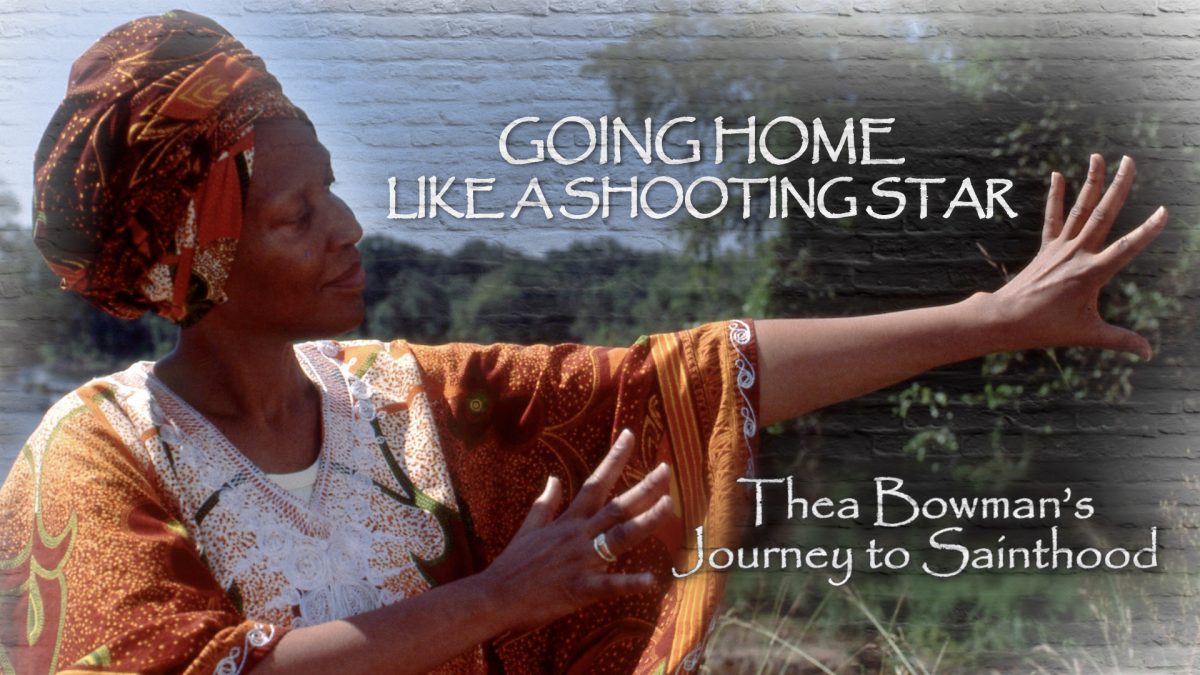

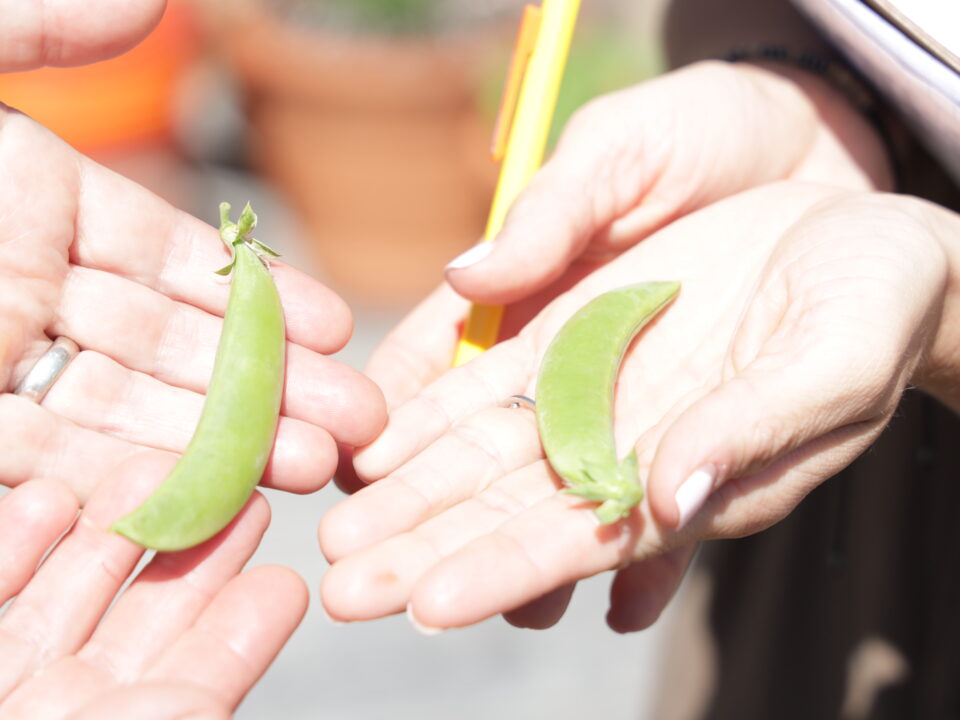


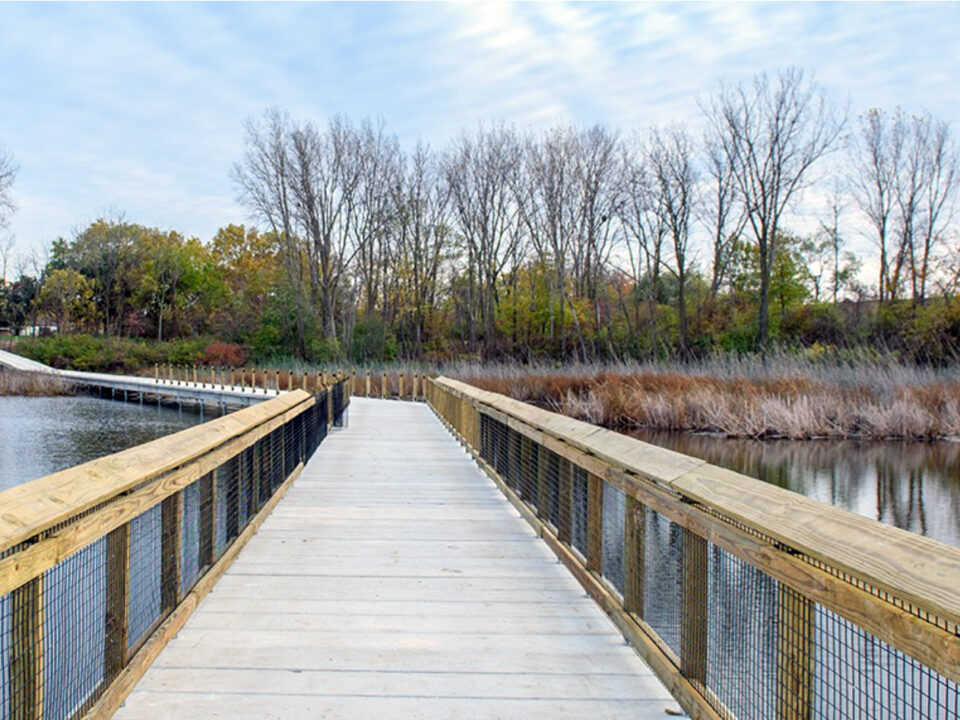
Sister Judy,
What an amazing story. Your gift of film making will give life to this issue of racism in our country. After reading what you wrote, your documentary will impact so many and help to make aware of the injustice our brothers and sisters of color must endure. You continue to use your gifts in most remarkable ways. Thank you so much. I commend you for your willingness to come forth and tell it like it is. Blessings on your work and your also on your awesome team.
Thank you, Judy, for being faithful to your gift of storytelling. May blessings follow you as you bring to light beautiful stories like Thea Bowman’s life story.
What a great story, Judy! How wonderful that you have the perfect outlet for following your passion! I’m sure the documentary will have a great impact. I can’t wait to see it!
Judy, I am sooo looking forward to the film about “St.” Thea and am delighted that you took on her story as a result of your own frustration with the racism still so prevalent in our society today.
God bless! smt